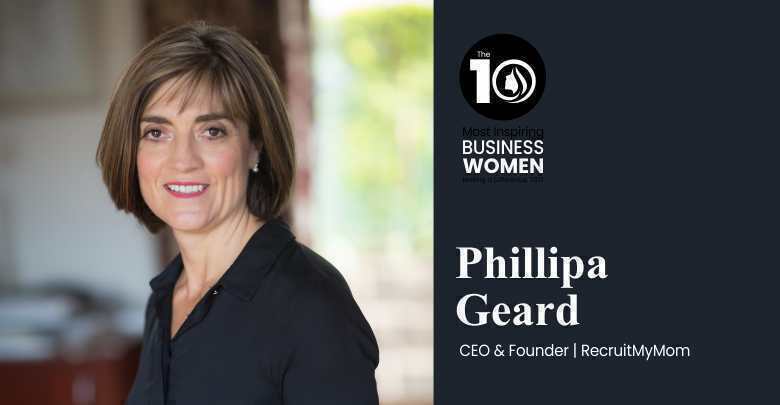The popularity of ‘purpose-driven’ companies has grown exponentially over the past decade, and for a good reason. Historically, businesses exploited every opportunity for the sole purpose of maximising profit for shareholders. That said, as a spotlight has been shone on the reckless exploitation of natural and societal resources for profit, more companies have begun the process of self-examination and internal change.
Today a growing number of business owners realize there’s real value in creating a purpose-driven company, and in supporting suppliers with which they can align their values. Here we ask the question, what does a purpose-driven company look like and why does it make sense to ensure that your business is backing brands that are led predominantly by purpose.
What does purpose look like in practice?
A purpose-driven company stands for something bigger than its products and services. So, how does a business successfully put purpose into practice? For RecruitMyMom founder and CEO, Phillipa Geard, the first step in creating a purpose driven company was to identify a significant need in the market, and then to address that need. “When starting my business, I identified a significant gap between the skills market and skilled mothers’ need to be employed with some measure of flexibility to allow for space for family responsibilities.” She explains, “Hence with RecruitMyMom purpose came first, profit second.”
This speaks to the point that purpose shouldn’t be something a company plugs in as an added extra. Rather, it should be something around which a brand is built, and it needs to run deeper than a motto or mission statement. Let’s take a closer look at why clients prefer to support purpose-driven companies.
Purpose-driven companies create long-term sustainable performance
When a company’s purpose is clear, its vision is relatable. Clients trust companies who operate closely to their purpose. Phillipa explains how purpose has driven repeat business with RecruitMyMom’s clients, “Companies that use our services to hire skills, all subscribe to the company purpose, and will keep on returning to RecruitMyMom whenever they need skilled women to add value to their businesses.”
Purpose streamlines decision-making
A company’s purpose guides all decision-making. Each business decision should be weighed against the company’s purpose to see if it brings you closer to the goal. “Our business’s purpose of giving women dignity through work, guides all decision-making.” Phillipa confirms, “This helps us to easily identify business opportunities which fit into our business strategy, and empowers us to better serve our clients.”
Purpose fosters loyal staff
A clear purpose will attract like-minded people to the company. The most effective teams operate with a common goal in mind. Phillipa Geard explains what this looks like in her team, “At RecruitMyMom, every person placed in a job is cause for celebration.” She says, “We measure our success at the end of each month in ‘number of lives touched.’ This measure is a motivator for our staff, as everyone treats the company purpose as a personal purpose.” When staff members work towards a shared vision, it influences and fuels every other aspect of the business.
Purpose helps to drive your business forward
Having a clear company purpose that resonates with the entire team is what drives a business forward and can guide innovation within the company. “At RecruitMyMom, there is continuous energy around solutions to support more women through innovative recruitment solutions. This has meant that through the tough times of job losses and pay cuts, RecruitMyMom has remained steadfast.” Phillipa Geard explains.
Authentic purpose, authentic results
Purpose-driven companies are led by principled people. These leaders are authentic in everything they do. They walk the walk instead of just talking the talk which means their companies deal with staff and clients honestly and with integrity.
When purpose is viewed as a foundation on which a business is built, it creates a deeper connection with staff and customers. Purpose-driven companies deliver value beyond a product or service, they achieve great results and are rewarded with continued loyalty from their staff and customers they serve.
This article was supplied by RecruitMyMom. We operate nationally in South Africa, and globally for virtual assistants.

